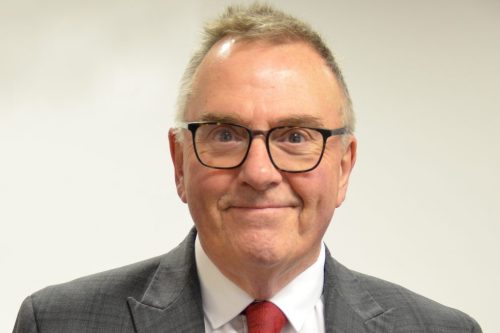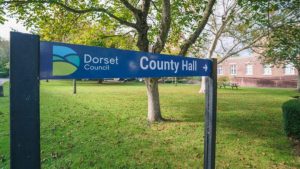Plymouth Council claims ‘clean bill of health’ over controversial £72m deal

Plymouth City Council has claimed “a clean bill of health” after the Government indicated it was satisfied with a controversial financial arrangement which had been stopping auditors from signing off years of annual accounts.
The Council had bought shares in a company, Miel Solutions, using £72m borrowed from the Government’s Public Works Board. The money was then moved into the Council’s pension scheme to clear a deficit.
The result was the Council saved more than £9m from its revenue budget “because paying the interest on the loan was cheaper than paying the deficit every year”, it said.
However there was disagreement over the accounting treatment of the financing, with it being classed as capital expenditure rather than revenue.
Local Government minister Jim McMahon has now written to Plymouth City Council to confirm he is “minded” to grant the capitalisation direction, without the need for any further reviews or investigations – subject to reassurances regarding what steps have been taken to put in place robust procedures for any future transactions of a similar nature.
The Government has also sought more information about more than £1m of fees paid to companies and consultants before it will issue the capitalisation direction.
Plymouth City Council leader Cllr Tudor Evans said: “We welcome the Government’s confirmation that thanks to a clean bill of health from CIPFA, they are looking to grant our request for a capitalisation direction.
“We have always been transparent about the transaction. We knew the transaction was novel in local government, but we were thinking outside the box to avoid cuts to local services. Particularly as costs to deliver services continue to increase, along with rising pressures on our services.
“Over the past few months there have been those who have repeatedly accused us of foul play. Bandying around phrases such as ‘bankruptcy’ and ‘dodgy’. This Minister is very clear – no further investigation is needed.
“There was nothing wrong with the transaction, other than it being unique. And the bottom line, it enabled us to save more than £9m of public money, money that would have been lost for local services.”









